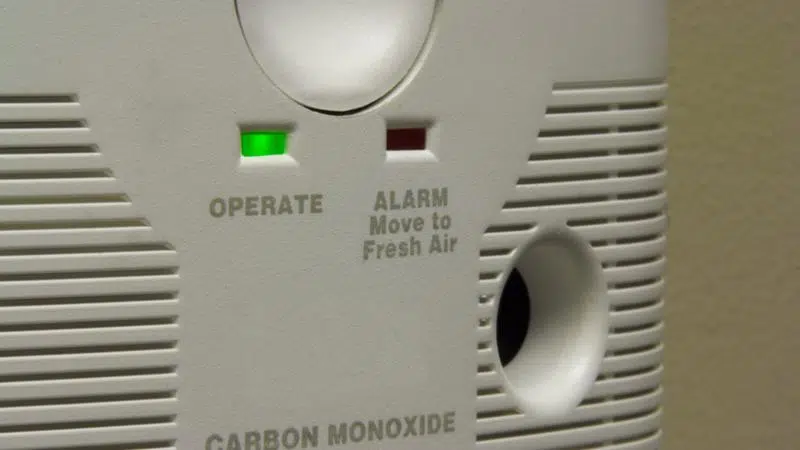
Changes to city bylaws make CO detectors mandatory
Updates to Meadow Lake fire bylaws this week have made carbon monoxide detectors a necessity in all buildings that are heated by natural gas, wood, propane, oil or any other fuels.
Carbon monoxide (CO) is a colourless, odourless gas that can lead to carbon monoxide poisoning, a type of asphyxiation. Household gas appliances that are working incorrectly could produce high levels of CO.
Neil Marsh, Meadow Lake’s fire chief said local firefighters responded to nearly 130 calls last year and the city is on track to meet or beat that record.
Half of those calls are in town and approximately 20 of them were for carbon monoxide presence where the fire chief reported dangerous levels of CO gas in some of those calls.


